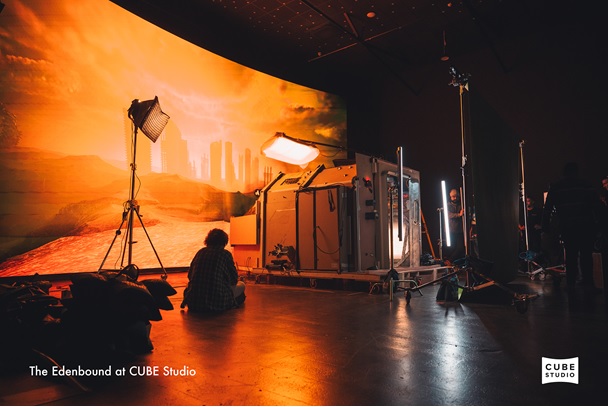Artificial Intelligence (AI) is no longer a distant concept confined to science fiction. In today’s rapidly evolving technological landscape, AI is at the forefront, bringing both promises and challenges. On Thursday, United Nations Secretary-General António Guterres unveiled the formation of a 39-member advisory panel dedicated to tackling global challenges in the field of artificial intelligence governance.
1. Introduction
The advent of AI has been nothing short of transformative. Its potential for good is beyond our current comprehension, yet it also carries a daunting shadow of misuse that could undermine trust in institutions, weaken social cohesion, and even threaten democracy. In this article, we delve into the United Nations’ proactive approach to address these challenges.
2. The Formation of the UN Advisory Panel
Secretary-General António Guterres, recognizing the urgency of AI governance, announced the formation of a 39-member advisory panel. This diverse group comprises technology company leaders, government representatives, and academics from across the globe.
3. Composition of the Advisory Panel
The advisory panel is a melting pot of expertise. It includes prominent tech figures like Hiroaki Kitano, Sony’s Chief Technology Officer, Mira Murati, OpenAI’s Chief Technology Officer, and Natasha Crampton, Microsoft’s Chief Responsible AI Officer. Additionally, the panel features individuals with backgrounds in AI from various countries, fostering a well-rounded perspective.
READ MORE: X Fresh Subscription Tiers: Enhancing the Xperience
4. The Importance of Global AI Governance
The formation of this advisory panel underscores the growing recognition of the importance of global AI governance. As AI technologies advance and transcend borders, so do concerns about their societal implications. International cooperation is crucial to navigate this complex landscape.
5. Concerns Surrounding AI’s Impact
The proliferation of AI technologies has led to a chorus of voices, including researchers and policymakers, expressing concerns about its potential misuses. The advisory panel is expected to address these concerns and propose safeguards to ensure responsible AI development.
6. The Role of International Cooperation
To effectively regulate AI on a global scale, international cooperation is paramount. The United Nations panel aims to promote collaboration among nations and stakeholders. By sharing expertise and resources, it strives to create a framework that ensures the ethical and responsible use of AI.
7. Preliminary Recommendations and Timeline
The United Nations panel is not wasting time. Preliminary recommendations are expected by the end of this year, with the final set of recommendations due by the summer of 2024. This proactive approach signifies the urgency and importance of addressing AI governance issues.
8. Conclusion
In conclusion, the United Nations has taken a significant step in acknowledging the transformative power of AI, while also recognizing the potential pitfalls. With a diverse and expert-driven advisory panel, international cooperation, and a clear timeline for recommendations, the world is taking a step closer to harnessing AI for the greater good while mitigating its risks.




